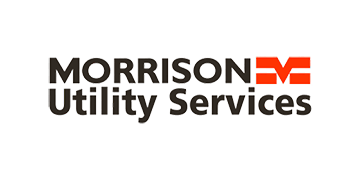
Client:Morrison Utility Services
Region:Europe
Industry:Energy and Utilities
UK Utilities Company Leverages RPA to Enhance Customer Experience
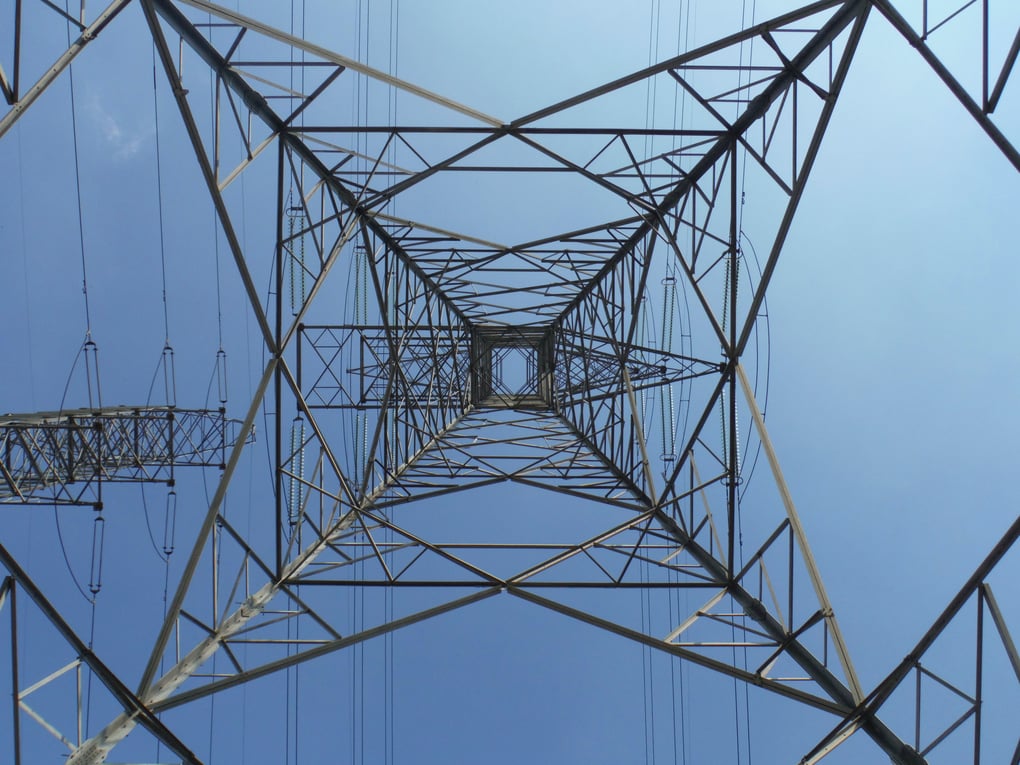
320
man hours saved per month with the pilot project
£145k
annual estimated cost savings
6 months
were required for the first phase of development—half the time expected
12 to 2 weeks
was the reduction of the average process automation development time during the first phase of development
Client Overview
Many of the UK’s largest utility companies rely on Morrison Utility Services to ensure that their essential infrastructure is functioning properly.
Many of the UK’s largest utility companies rely on Morrison Utility Services to ensure that their essential infrastructure is functioning properly.
Every day, the company handles thousands of installation, repair, maintenance and rehabilitation jobs across the water, gas, electricity and telecommunications sectors.
Robotic process automation (RPA) offers the efficiency and cost savings that Morrison Utility Services requires to deliver excellent customer experience to both its clients and their customers. It selected UiPath as a powerful and easy-to-use platform to introduce RPA across its business.
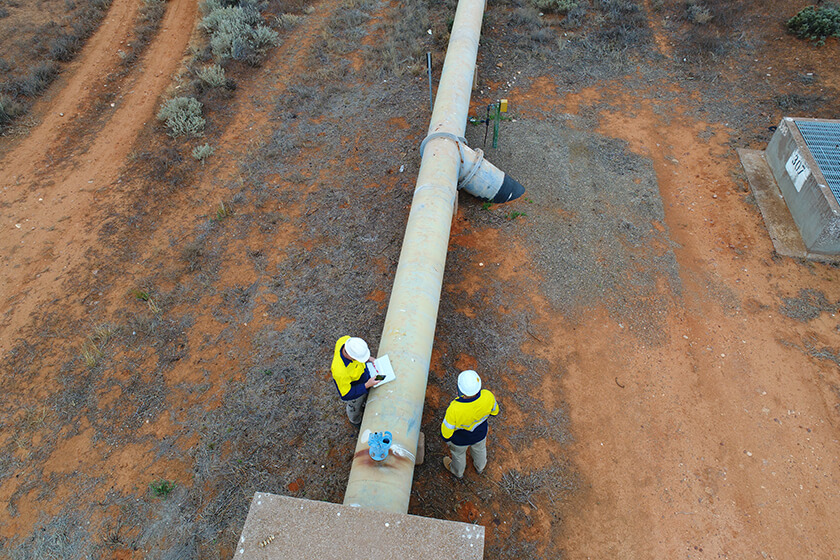
Morrison Utility Services works collaboratively with utility companies to support their infrastructure. The company really is responsible for ‘keeping the lights on’ and takes this responsibility very seriously. Supporting millions of clients’ customers, it focuses on continuous improvement and innovation to create a first-class customer experience on every project.
We started small but the RPA development process was impressive. We went through the testing process to become confident that the robot knew what it was doing. It was fast to make changes and test so that the system became more robust and we could scale up capacity quickly.
Andy Carter • Director of IT Innovation and Improvement
The company employs over 4,500 staff throughout the UK, mostly in two-person field service teams. Coordinating and managing all the projects that the company undertakes daily is a huge undertaking. Many of the business processes supporting its daily operations are rules-based and transactional in nature, the type of tasks that RPA is ideally suited to helping. Morrison Utility Services quickly identified that using an RPA platform could benefit a wide range of operational and business processes.
Leading through innovation
Andy Carter, Director of IT, Innovation and Improvement at Morrison Utility Services, heads up a 40-strong group focused on identifying and developing new technologies that can benefit the company. The company looks at technology best practice from its own industry and other sectors to pinpoint where the greatest potential to improve service to their customers lies. RPA had been on the group’s radar for some time, but initially it rejected the technology.
Carter says: “We looked at RPA some years back but concluded that it wasn’t mature or economical enough for us. It was difficult to build a business case. However, we continued to monitor its development and revisited RPA two years ago. It had come a long way and it was now far more mature, economical and–most importantly–user friendly”.
There was one other factor that convinced Carter the time was right for RPA. Morrison Utility Services works with Sopra Steria, outsourcing the management of a few of its more transaction-based processes, seeing an improvement in the performance, and reduction in cost of these processes with them. They suggested to Sopra Steria that they might deploy RPA for several of the processes that it managed.
“This was a great test-bed for us. We trusted Sopra Steria as they had proven that they could very effectively manage our processes so utilizing their process experts gave us a virtually risk- and cost-free way to assess the benefits of RPA at first hand,” recalls Carter.
Improving the creation of safety packs
The first process where Sopra Steria applied RPA was the ‘safety pack’ that must be created before any job is undertaken for a large water, energy or telecom company. The pack contains a lot of drawings and schematics that together give an accurate picture of everything that’s happening underground—where all the drains, sewers and electric cables are located—prior to work beginning.
Creating any individual safety pack requires accessing the systems of every individual asset owner–often involving assets that aren’t owned by Morrison Utility Services’ client and collating these into the final document.
The majority of utility companies use SAP to plan and run their business. If we wanted to improve a process that meant altering the SAP system, this could take months to be completed. UiPath allows us to automate that part of the process without requiring any change to the host system. It makes us fleet of foot and makes our customers happy as it doesn’t affect their internal systems.
Andy Carter • Director of IT Innovation and Improvement
As the company produces over 25,000 packs each month, this is a very time-consuming process. Sopra Steria deployed the UiPath Platform to show that a robot could operate 24 hours a day to deliver highly accurate and error-free safety packs.
The safety pack project demonstrated how quickly and easily an RPA solution could be developed and rolled out. When initially deployed, the RPA system handled the creation of 5% of the company’s safety packs. Today, 60% of the packs are now automated, making the entire process more effective and cost-efficient. This showed Carter’s group more than just the benefits of RPA, it convinced them about ease of use.
Carter says: “We started small but the RPA development process was impressive. We went through the testing process to become confident that the robot knew what it was doing. It was fast to make changes and test so that the system became more robust and we could scale up capacity quickly.”
Developing an RPA center
Following the successful project with Sopra Steria, the company was convinced that RPA could deliver significant benefits and established its own RPA center in the UK. The company wanted to implement the technology for the most appropriate operational, financial and commercial processes. It began by identifying the processes that could best demonstrate to its departments and customers the benefits of automation.
When we started, we didn’t really know too much about RPA. UiPath let us experiment and learn. It’s speed of development and deployment meant that if we did make an error it could be rapidly sorted and cost us almost no time or money.
Andy Carter • Director of IT Innovation and Improvement
“We were looking for projects where we could show how easy it was to implement an RPA solution even when there was complexity and a high volume of transactions. We also considered the enthusiasm of our stakeholders for RPA as we knew that this would help with adoption of the new systems,” comments Carter.
Morrison Utility Services developed a long list of 27 target processes and broke it down into three separate development phases. The first phase involved six processes. This included the automation of the risk assessment process for one of their largest customers. The risk assessment looked at all aspects of risk on a site before a job begins. The RPA robot gathered all the relevant data for the site assessment, automatically created individual, tailored reports, and distributed them to the relevant managers to plan and schedule the jobs.
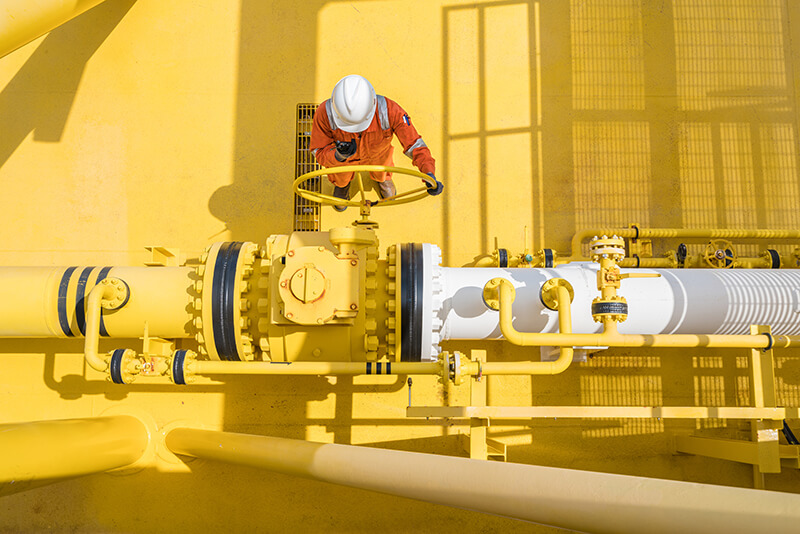
The second process automated was data preparation for a large e-commerce system for the UK’s largest gas distribution company. Previously, all data had to be input manually, which was slow and prone to errors. Now, the robot prepares the data for entry into the system so that the company knows it's accurate. This allows cost engineers to allocate all costs to the correct contracts quickly .
Together, Carter estimates, the initial two processes alone have saved the company over 3,800 hours annually, equating to almost £145,000. The first phase launched in March 2018 and the company expects it to take nine to 12 months to complete. It was delivered in six months. The company has already begun phase two consisting of a further eight processes.
Carter explains: “We knew from our experience with Sopra Steria that this was an iterative process but we have still been able to begin phase two faster than expected. With phase one, we’ve shown that you can create effective automated processes quickly that deliver benefits to our business and our customers”.
Selecting UiPath
After evaluating the market, Morrison Utility Services selected UiPath for its RPA platform. The key factor in the selection criteria was ease of use. Carter explains: “We knew that the UiPath RPA platform was powerful. When we looked more closely we were impressed by how intuitive and easy to use it is. We didn’t have a great deal of RPA experience internally, but it has been quite straightforward to pick up the technology and get started”.
It’s a point echoed by Andy Dickson, a business analyst at the company. He says: “The biggest benefit of the product is how easy it is. If you want to get into the code you can but there’s no need to. Everything can be done with the extensive templates and commands that come with the solution. In addition, UiPath Orchestrator lets you manage, test, run and modify the robots with little or no problem at all. We have test robots and live robots. Once we’re sure a robot is ready, deployment takes no effort and is completed in seconds”.
“When we started, we didn’t really know too much about RPA. UiPath let us experiment and learn. It’s speed of development and deployment meant that if we did make an error it could be rapidly sorted and cost us almost no time or money,” he continues.
The biggest benefit of the product is how easy it is. If you want to get into the code you can but there’s no need to...
Andy Dickson • Business Analyst
As Carter and his team have become more confident with UiPath, he estimates that the time taken to automate a process has been reduced from 12 to around two weeks.
Increasing collaboration, increasing customer experience
Working collaboratively with customers is key to the success of the business. Deploying RPA has helped the company provide an improved service based around applying automation to processes that require access to client systems.
Carter explains: “The majority of utility companies use SAP to plan and run their business. If we wanted to improve a process that meant altering the SAP system, this could take months to be completed. UiPath allows us to automate that part of the process without requiring any change to the host system. It makes us fleet of foot and makes our customers happy as it doesn’t affect their internal systems”.
Carter believes that the future for RPA within Morrison Utility Services will include a far greater level of collaboration between the company and its customers to automate end-to-end business processes that span both internal and external systems.
“We’ve just completed an exercise to help integrate our RPA solution with the systems of one of our largest customers. That’s the way forward. We’ve established very solid collaborative relationships so the next step, I believe, will be to work together to automate and optimize joint processes for the benefit of everybody’s business,” he concludes.
Related case studies
Ready for your own case study?
Speak to our team of knowledgeable experts and learn how you can benefit from RPA.


